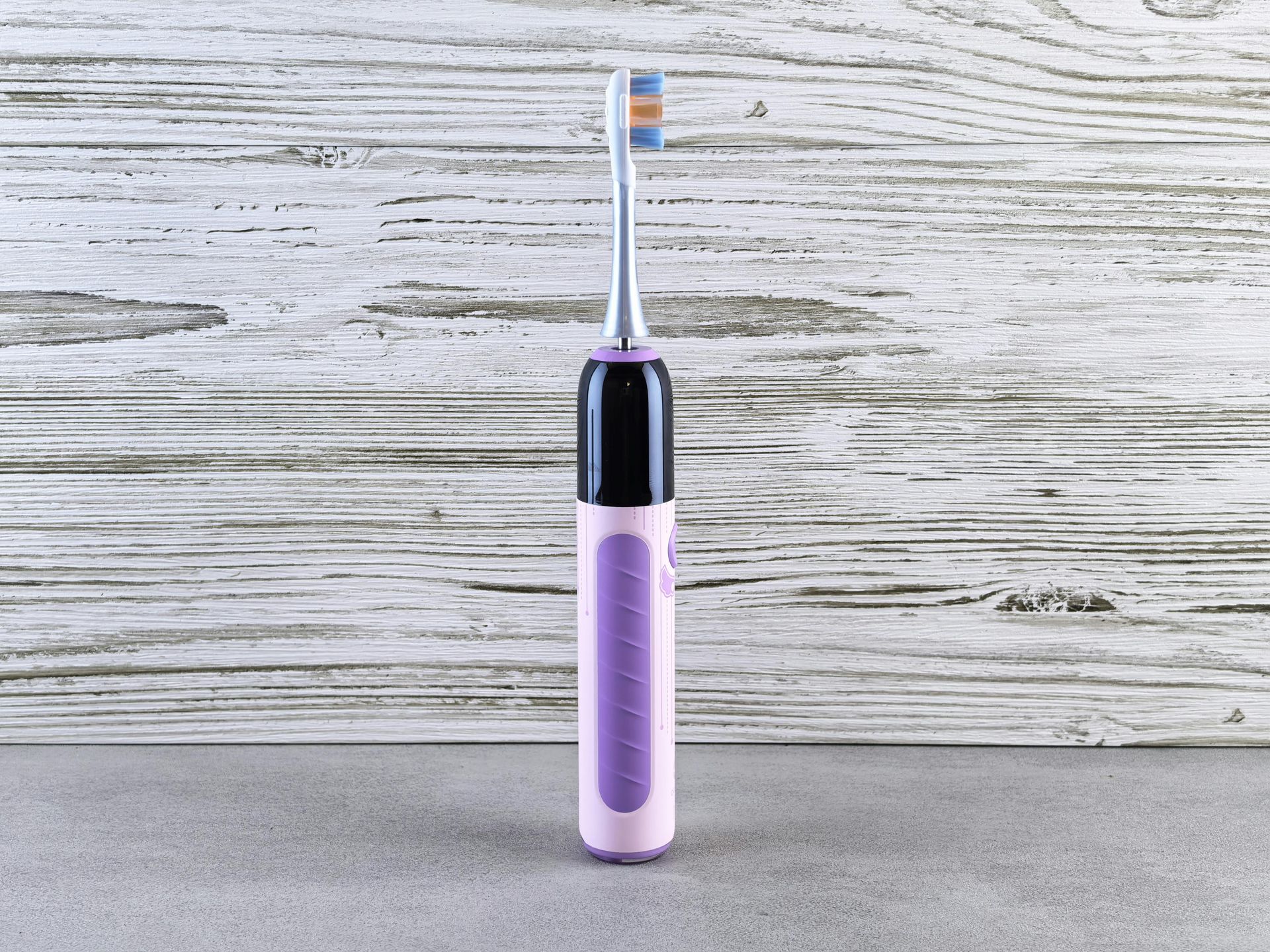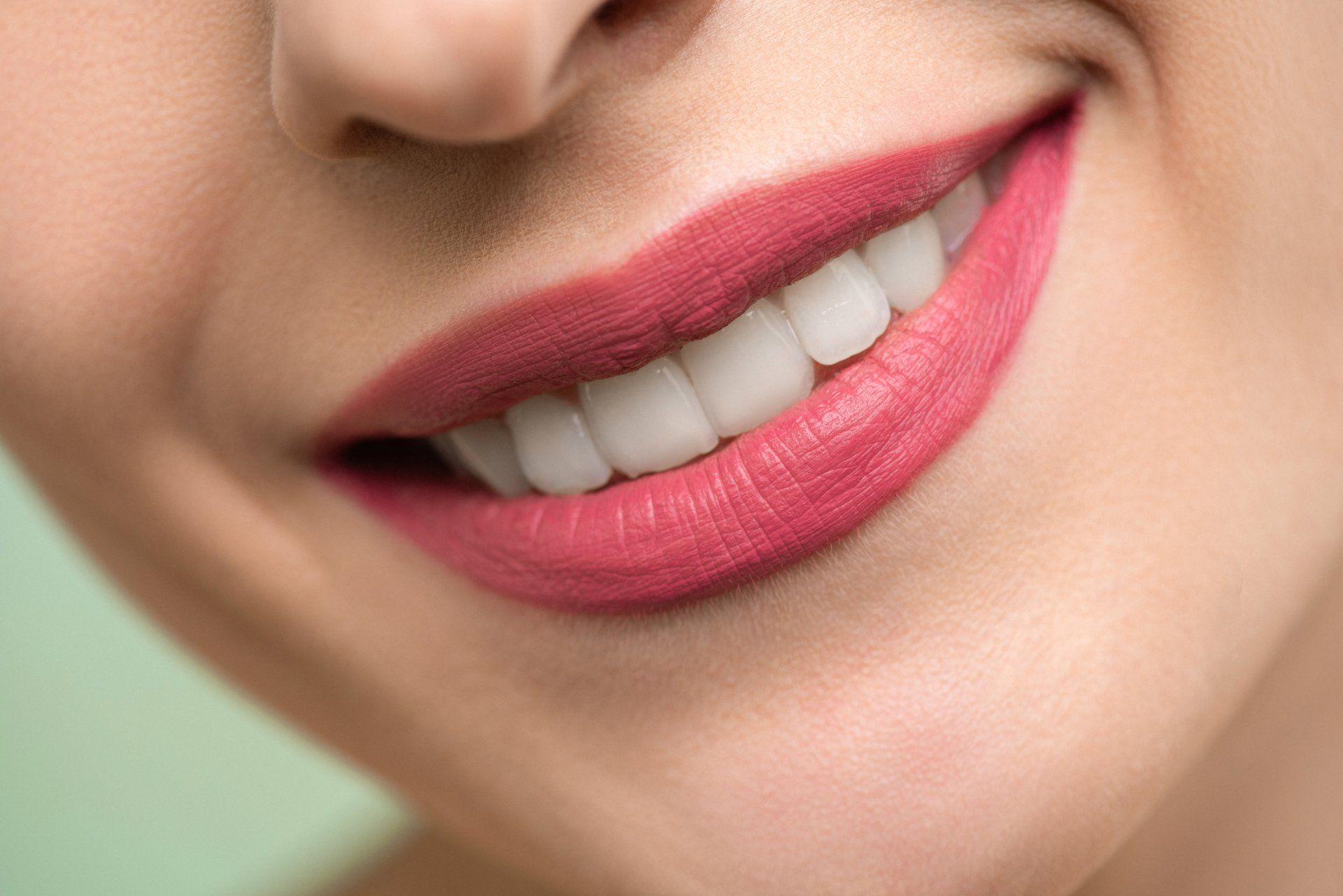By Ron Bernas
•
February 5, 2026
More and more patients are coming to Huszti Dental Care with questions about oral health information they have seen online, usually through social media. But many of these people come to us because they started doing something they saw on Instagram or Facebook and it ends up causing a problem. Most recently a young woman looking for whiter teeth was biting into a half a lemon then brushing with sea salt. Twice a day, every day. Her teeth weren't getting noticibly whiter, but they were getting more sensitive. That's because the lemon juice she was sinking her teeth into was eating away at her enamel! We've also heard from other patients that changes to oral health recommendations from the U.S. Health and Human Services have left them confused. So where do you go to find good, science based information? There are two simple answers to this question and the first one is obvious: Ask us. Many patients trust us for emergencies or when they are in pain, but sometimes have a blind spot when it comes to telling them something simple, like, say, don't do everything you see on the internet. These "health influencers" can be very dangerous, because they are generally not pushing good practices, they are generally promoting quick "fixes" that don't work. They don't care about your teeth, they are interested in having a big following and lots of "likes." Many of them are being paid by the social media companies for this misleading content. It seemes to work, as you will sometimes see several different social media personalities pushing the same idea—often with the exact same wording. That's because if a creator sees another creator has a lot of traffic on a particular post, they will copy it in an attempt to collect more likes for themselves. All these different people pushing the same information has the cumulative effect of making it seem sound, or like something everyone is doing. But it's simply not true. Think about that old adage: If all your friends jumped off a cliff, would you, too? But what's more dangerous is when health information is politicized, because that's dangerous and can lead to widespread problems. The confusion over use of fluoride is one example of this, and we have written about this before. Taking health information from people who do not have medical training, but have "done some research" is a sure way to get into trouble. If you want to do your own research, it's possible, but you must understand that—like social media influencers—not all sources are equal. The American Dental Association 's page is the best source for dental health information. Its content—though mostly targeting dentists—is thoroughly vetted by dental professionals and represents the most complete information, backed by scientific theory and research, available. And again, our dental professionals, all of whom have spent decades in this field, are more than happy to answer any question you may have about dental care. The only dumb question is the one left unasked.


